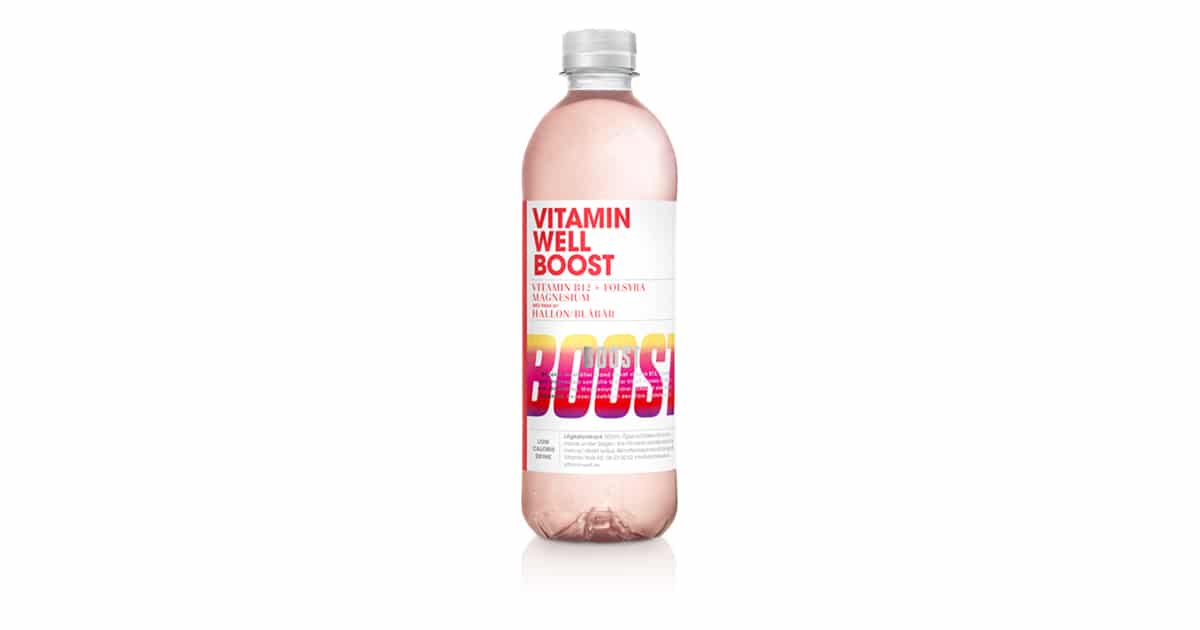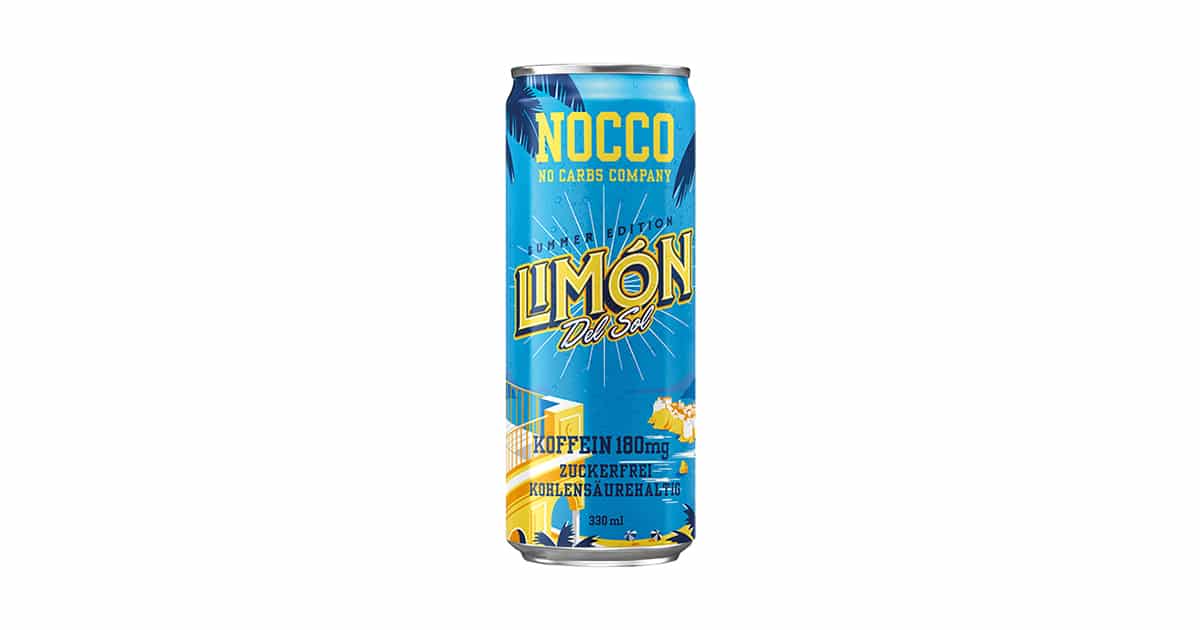Whether it’s probiotic dairy products, protein-rich food or vitamin water: functional foods are all the rage and spilling over from the fitness niche market into the mass market. Convenience is playing a crucial role here.
Functional foods are jazzy, named after superlatives and totally trendy. They offer additional benefits to health, such as improved performance, better digestion or lower cholesterol levels. This trend is being driven by a growing public awareness of health issues, which has increased further during the coronavirus pandemic. It is also boosted by the widespread need to constantly improve ourselves and our bodies – also with targeted nutrition.
“With our food, we want to more consciously control our mood and ability to perform,” says Christine Schäfer, trend researcher at the Gottlieb Duttweiler Institute. Functional foods are playing an ever more important role here, as are “superfoods”, such as flaxseed, chia seed, blueberries, walnuts and spelt. These contain an above-average concentration of nutrients.

Functional foods to easily consume additional nutrients
This development is reflected in the product ranges offered by the Valora formats. In particular the selection of snacks offered by the retail outlets has been expanded with functional foods in the past few years. “Consumers appreciate having quick and easy access to additional nutrients through functional foods,” explains Matthias Müller, Head Category Management Food & Convenience at Valora Retail.
Convenience is thus playing a key role in this trend, which started a few years ago with the launch of probiotic dairy products, i.e. dairy products enriched with bacteria. Actimel drinks and LC1 yoghurt are thought to stimulate the digestion and strengthen the immune system.
Protein to lose weight and build muscle
Products enriched with protein appeared on the market later: milk drinks, bars, chips and bread. The protein boom has its roots in the fitness world. “Athletes and body builders use high-protein products to improve their performance and build muscle,” says Matthias Müller. “These products are also gaining in importance for losing weight. Consumers want to eat fewer carbohydrates but still feel full.”
In addition to protein bombs, vitamin water is also very popular now. The range of drinks offered by manufacturers such as Focuswater and Vitamin Well has experienced rapid growth in the past few months and reaching its peak mid-May 2021: in Switzerland, Vitamin Well Boost was launched with an exciting advertising campaign in Valora’s retail formats (avec, k kiosk, Press & Books). The Swedish manufacturer’s thirst quencher is enriched with vitamin C and the trace elements zinc and selenium.

Focuswater Care mirabelle & rhubarb 
Vitamin Well Boost 
Nocco Bcaa Limon Del Sol
Promotion platform for launching functional foods
This cooperation confirms that the Valora formats with their high customer footfall in central locations offer the ideal platform for emerging brands to increase awareness of their products. The Nocco drinks are a prominent example of this, too. They contain branched-chain amino acids which quickly boost energy and help to build muscle. This trend also originated in the fitness world but has not yet established itself in the mass market in German-speaking countries.
Whether niche or mass market, with its broad range of foods offering additional benefits for health, Valora also aims to contribute to a balanced diet for the public and to tackle obesity. The promotion of ‘Healthy Choices’ is one of the objectives of Valora’s sustainability strategy. Consumers should not be patronised, but rather informed about attractive and healthy alternatives. Opting for low-calorie vitamin water rather than high-sugar lemonade, for example. Or choosing nut bars instead of chocolate bars. The motto is “snack with no regrets”.
High-quality ingredients and superfoods
Functional foods have long been a fixture of the product ranges offered by the Valora retail formats. In the food service sector, on the other hand, there is one crucial aspect to bear in mind, explains Angelo Mans, Head of Product Development & Category Management at Valora Food Service Germany: “Our guests want to enjoy their food, they want to spoil themselves.” Their purchase decision is therefore based more on a mix of enjoyment and health considerations.
“Our contribution to the ‘Healthy Choices’ sustainability goal mostly consists of using high-quality ingredients and improving our recipes with an eye to the health aspects,” continues Mans. “For example, we’re constantly swapping ideas with our suppliers and producers about how to eliminate artificial additives.” The food service formats like BackWerk and Ditsch also exploit the superfoods trend, i.e. the trend towards more nutritious food. Avocados or chia seed are added to recipes to improve their culinary value. Tasty and healthy ingredients are therefore combined.

Functional and superfoods: dependent on weekday and region
According to Mans, the success of functional and superfoods also depends on location and the day of the week: “On weekends we want to enjoy ourselves, and the health aspect takes a back seat. This is demonstrated by the fact that restaurants are usually closed on Mondays, while the healthier formats close on Sunday.” Demand for healthy alternatives is generally also much higher in cities with a younger population than in peripheral regions or in regions where the population is older. This is linked to the awareness of healthy nutrition, which is generally much more pronounced among the younger generations.
The aspects of regionality and the related target groups are also important for Valora when choosing its product ranges. Not all sales outlets offer the same products and the same selection of alternatives. But food service specialist Angelo Mans and retail expert Matthias Müller are certain about one thing: “Demand for functional and superfoods will increase across the board.”
Photos: Noë Flum




